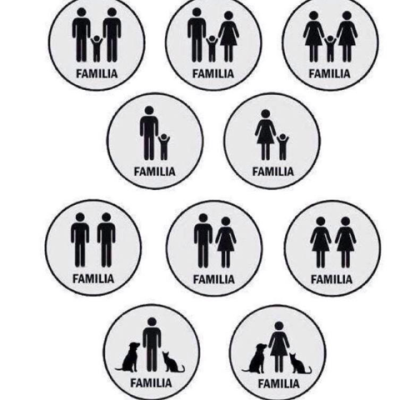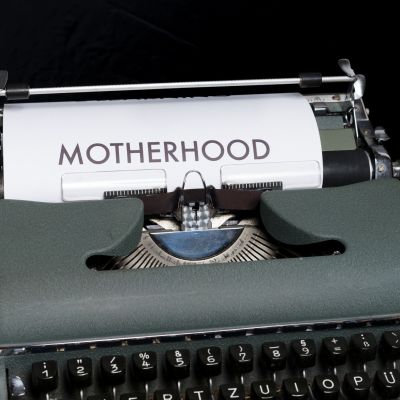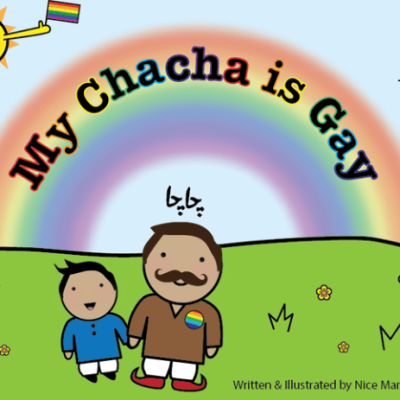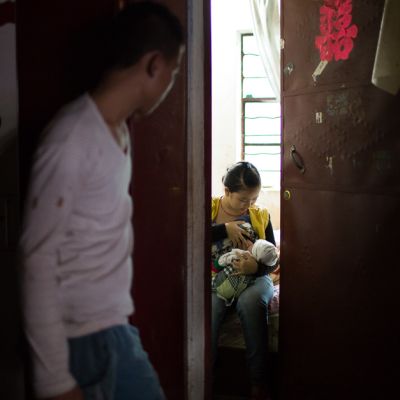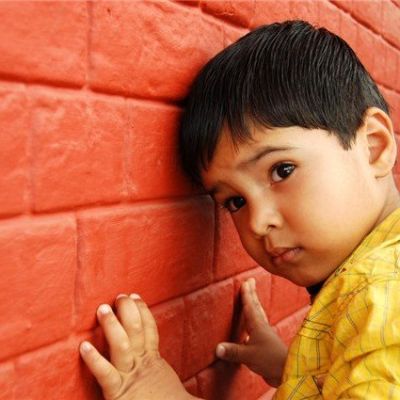children
क्वीयरनेस एक स्वतंत्र पहचान है जो छोटे बच्चों सहित किसी को भी स्वीकार करती है, जो निर्धारित बाइनरी के पथ से अलग चलते हैं।
इस बात के अनेकों कारण हो सकते हैं कि महिलाएँ बच्चे क्यों नहीं चाहती हैं, ठीक वैसे ही जैसे इस बात के अनेकों कारण है कि वे बच्चे क्यों चाहती हैं। बच्चे होने के कारणों को सामान्य करार दिया जाना जबकि बच्चे ना होने की इच्छा को ‘सामान्य से अलग’ माना जाना, शर्मिंदा किया जाना और संदिग्ध की तरह करार दिया जाना, सभी के लिए नारीत्व का ‘एक ही अर्थ’ बनाने वाले है।
I love children and have at various times in my life flirted with the idea of adoption. But I have known since I was a child that I did not want to birth children. I have never been vague or ambivalent about this decision. I have been consistently clear and concise that this is not my calling.
The idealisation of motherhood is crucial to our culture; it is important that the mother is self-sacrificing. This sacrificial instinct isn’t limited to women’s behaviour. It goes on to encompass the entirety of her corporeality and the way she performs it.
How would we see the world really, if we were open to the idea that it is not purpose but play that drives us to seek companionship, be it an orchid seeking a pollinator or a human seeking another?
How would we see the world really, if we were open to the idea that it is not purpose but play that drives us to seek companionship, be it an orchid seeking a pollinator or a human seeking another?
In this series, Special Features, we will be featuring people who have done groundbreaking work in the field of Gender,…
Queerness is a free-flowing identity that embraces anyone, including young children, who step off the assigned binary path.
There are times when we bend the rules and draw on the walls. This is one of those times. We listened in on some of the chatter online on the subject of consent and we ended up with some questions.
In the Chinese province of Yunnan, ‘early marriage’ is a common phenomenon. Dearth of employment opportunities compels parents to marry off their children before leaving for work in bigger cities. The cultural trend favours early marriage, so there is no social stigma attached to it.
[slideshow_deploy id=’7634′] In 2006, Indian-born artist and photographer Sunil Gupta created a series of photographs of the daily lives of…
A 22-year-old autistic young man with low intellectual functioning I work with, recently got into trouble with the police because…
Desiring motherhood meant veering into a more ‘girly’ territory, a notion that I had simultaneously been fighting and trying to embrace since childhood. I had understood that to be a feminist I had to be independent, be wary of men, dislike families and relationships.


